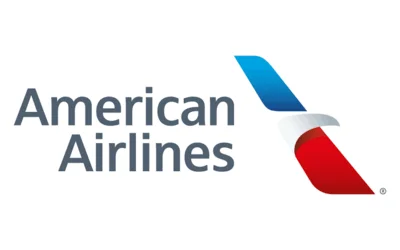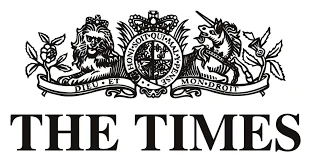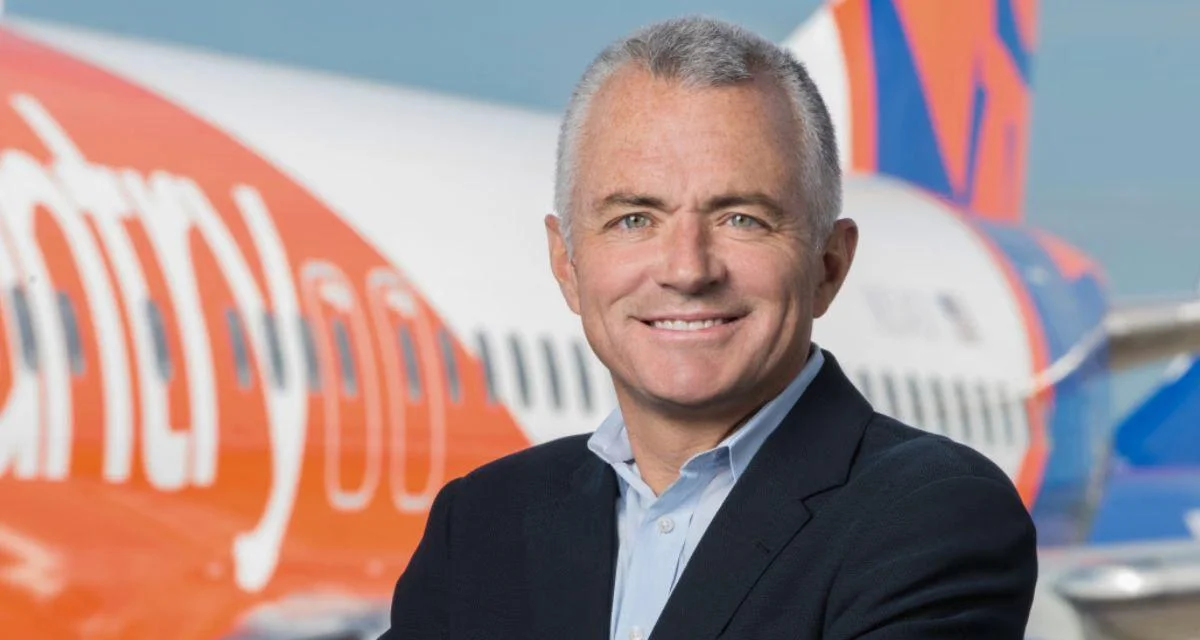Bankruptcy attorney Brett Miller, US co-chair of the restructuring department at Willkie Farr & Gallagher and representative for the creditors' committee, told CNBC that the airline "didn't use the tools available to them in Chapter 11" for bigger changes. Joe Rohlena, airline analyst at Fitch Ratings, said that the airline “made it that much more unlikely for them to succeed without having tackled some of those issues,” and it might not be able to avoid bankruptcy again because of its cash burn.
The airline's current fleet consists entirely of Airbus aircraft: 62 A320-200s, 91 A320neos, 29 A321-200s, and 32 A321neos. Recent reports indicate that some lessors have approached other airlines about taking over parts of Spirit’s fleet—an indication of concerns about Spirit’s future viability.
To address financial pressures, Spirit has reduced unprofitable routes and announced job cuts and asset sales. Stuart Hatcher, chief economist at aviation analytics firm IBA, suggested that had Spirit used bankruptcy proceedings to reduce lease payments by even 10%, it could have significantly improved cash flow.
Spirit’s challenges began before its latest bankruptcy filing. In 2023, a Pratt & Whitney engine recall forced several jets out of service. Failed merger attempts with Frontier and JetBlue left Spirit without a strategic partner while still carrying heavy financial burdens. Rising labor costs following the pandemic further complicated efforts to maintain an ultra-low-cost business model—a challenge faced by other US airlines reporting softer demand this year.
Analysts suggest that management may have been overly optimistic about how quickly operations could recover post-bankruptcy. "I think there may have been a bit of optimism on their part in terms of kind of the strategic reset that they had planned. That then came face-to-face with a harder, harsher aviation environment," Rohlena told CNBC.
Despite ongoing uncertainty about long-term prospects, some experts believe a full shutdown is unlikely due to potential impacts on employees and consumers across the market. James Sprayregen, who previously worked on restructurings for United Airlines and TWA, noted that airlines often receive support because their collapse would ripple through employees, customers, and the broader market.
Spirit CEO Dave Davis sought to reassure staff last week: “the changes underway will ‘continue to provide consumers the unmatched value that they have come to expect for many years to come.’”
 Alerts Sign-up
Alerts Sign-up




































